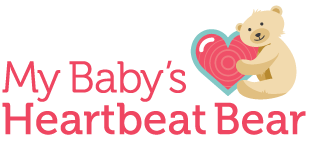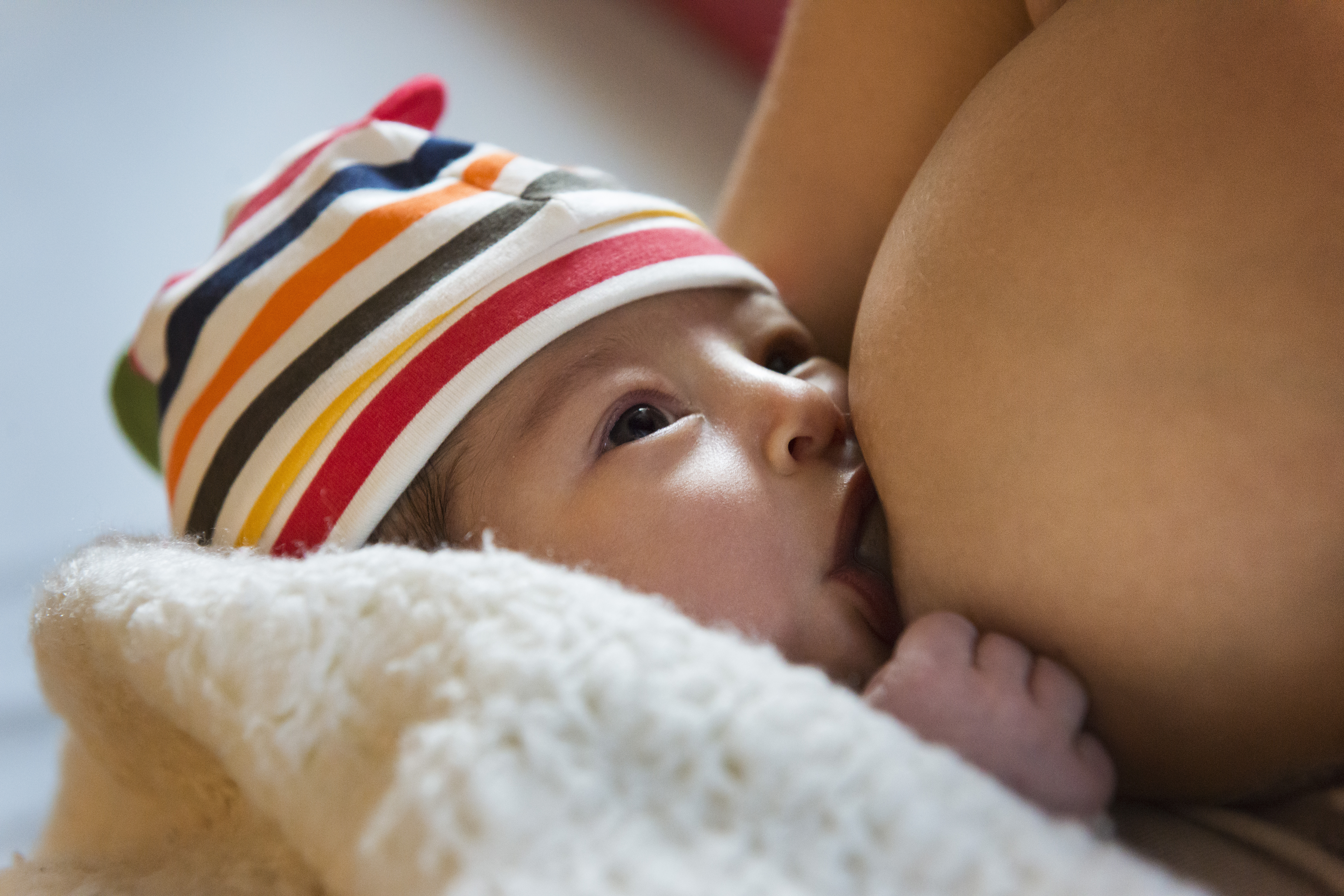Breastmilk Hormones Impact Baby's Gut Development

We all know the magic of the ‘Liquid Gold.’ The milk that is worth crying over if spilt. Breastmilk is perfection, the only source of complete nutrition that is created entirely by your body for your baby. There is simply nothing that can compare.
(If you are looking for the best formula options, please read THIS)
Bacteria from the mother’s gut is passed to her baby during pregnancy (via placenta) and birth (as baby passes through the birth canal). These bacteria become the foundation of the baby’s intestinal flora. It is a very important part of the transition to the world for baby. There is also the option of ‘Vaginal Seeding’ for a mother for has a c-section. While seeding is not the same as a baby passing through the birth canal, science has shown that it can at least pass along some of the mother’s bacteria to baby.
A University of Colorado Anschutz Medical Campus study finds that hormones in breast milk may impact the development of healthy bacteria in infants' guts, potentially protecting them from intestinal inflammation, obesity and other diseases later in life!
The study, published in the American Journal of Clinical Nutrition, examines the role of human milk hormones in the development of infants' microbiome, a bacterial ecosystem in the digestive system that contributes to multiple facets of health. "This is the first study of its kind to suggest that hormones in human milk may play an important role in shaping a healthy infant microbiome," said Bridget Young, co-first author and assistant professor of pediatric nutrition at CU Anschutz. "We've known for a long time that breast milk contributes to infant intestinal maturation and healthy growth. This study suggests that hormones in milk may be partly responsible for this positive impact through interactions with the infant's developing microbiome." Researchers found that levels of insulin and leptin in the breast milk were positively associated with greater microbial diversity and families of bacteria in the infants' stool. Insulin and leptin were associated with bacterial functions that help the intestine develop as a barrier against harmful toxins, which help prevent intestinal inflammation. By promoting a stronger intestinal barrier early in life, these hormones also may protect children from chronic low-grade inflammation, which can lead to a host of additional digestive problems and diseases.The research shows that the infant intestinal microbiome around 6 weeks of age is connected with both how baby was delivered (vaginal vs surgical) and feeding method (breastmilk versus formula). They found that supplementing breast milk with formula is associated with a microbiome composition in the baby that resembles that of babies who are exclusively formula fed.
What does this mean?
"Just like children learn language and social cues as they grow, their digestive system learns how to regulate itself," said author Dominick Lemas, now an assistant professor at the University of Florida. "What we've found is that hormones in breastmilk are linked to the development of infants' microbiome, potentially having long-term effects on children's intestinal and autoimmune health." There is a bigger picture than just birthing and feeding a baby. These choices can have lifelong health consequences on the baby. If you are able to choose, choose wisely; your child’s gut health may thank you.
Featured Articles
Nesting Parties: Better Than a Baby Shower?
Building a Thriving Veterinary Practice
Skip the Energy Drinks During Pregnancy (and after)
Marching Into Spring with Luck and Smiles!






















